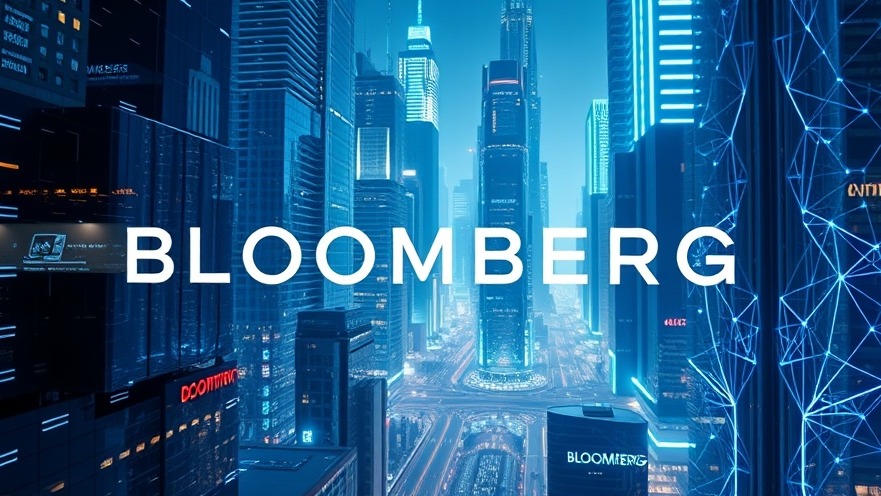
Understanding the Investment Landscape in Healthcare
Investing in emerging markets has transformed into a vital strategy for creating sustainable economic growth while addressing pressing social challenges. The healthcare sector, long regarded as a complicated pursuit due to systemic obstacles in these regions, surprisingly holds great potential for profitability and societal impact through innovative approaches.
Emerging markets like India and parts of Africa represent significant opportunities for healthcare investment, given the low percentage of GDP they allocate towards health. For instance, while the U.S. invests about 19% of its GDP on healthcare, India and Southeast Asia lag at a mere 3-5%. Africa also finds itself challenged by underfunding, currently devoting only 5% of its GDP to healthcare, despite accounting for a substantial portion of the global disease burden. This scenario lays a foundation for potential investor involvement in transforming healthcare delivery through modernized, technology-driven strategies.
The Need for Transformative Innovations
The COVID-19 pandemic underscored the fragility of healthcare systems worldwide, especially in underfunded regions. It revealed the critical importance of investing in healthcare infrastructure to navigate future health crises. This heightened awareness creates an urgency for investors to prioritize healthcare investments, facilitating sustainable growth and enhancing availability of essential health services.
The incorporation of advanced technologies in healthcare is paramount. For example, the adoption of digital tools could potentially yield efficiency gains of up to 15% in key African markets by 2030, as cited by McKinsey. Such digital evolution allows healthcare entities to shift from an infrastructure-heavy focus to a more comprehensive approach prioritizing patient-centered care.
A Look at Global Success Stories
To unlock the performance potential of African healthcare, stakeholders can draw lessons from Asia, where digital health initiatives have transformed the lives of more than a billion people and are set to create up to $100 billion in value by 2025. Despite the existing economic differences, it is feasible for African nations to implement selective elements of Asia's success tales — fostering public-private partnerships, embracing low-cost innovations, and tailoring mobile-first service models to fit local contexts.
By doing so, African healthcare ecosystems can integrate both digital and traditional service delivery mechanisms, thereby enhancing accessibility and enabling more effective disease management for patients across the continent.
What Investors Should Know
For individual and business investors looking to engage with the healthcare market in emerging economies, understanding the local landscape is essential. Engaging with local healthcare providers and technology companies can provide insights into market needs and the most effective ways to bridge existing gaps in service delivery. Additionally, identifying and collaborating with innovative fintech solutions can drive unique funding mechanisms essential for health system improvements.
The potential for social impact creates a compelling case for investment as the market not only presents opportunities for economic return, but also plays a pivotal role in enhancing health outcomes for millions of patients in underserved areas. As healthcare infrastructure evolves through digital adoption, new investor-friendly profit paradigms emerge, promising growth for those keen to support sustainable endeavors.
The Road Ahead: Future Investment Trends in Healthcare
Looking forward, healthcare investment in emerging markets is poised for growth. As more investors recognize the potential for significant returns in this sector, collaborations between diverse stakeholders — governments, private sectors, and communities — will be key. These partnerships can cultivate a knowledge-driven environment for innovation, generating sustainable funding models that elevate health standards.
Investors also play a crucial role in advocating for policies that support human-centric healthcare advancements. By championing both technological adoption and equitable healthcare access, they can contribute to a more resilient global health framework that ultimately benefits society as a whole.
Make Your Mark on Emerging Healthcare
In conclusion, investing in healthcare in emerging markets is not just about financial returns but also about creating lasting social impacts in underprivileged regions. By focusing on innovative strategies, investors have the power to catalyze essential changes that can improve lives and transform economies. Consider being part of this urgent call to action: your investment can help reshape the healthcare landscape and drive sustainable growth that leaves a legacy of well-being for future generations.
 Add Row
Add Row  Add
Add 




Write A Comment